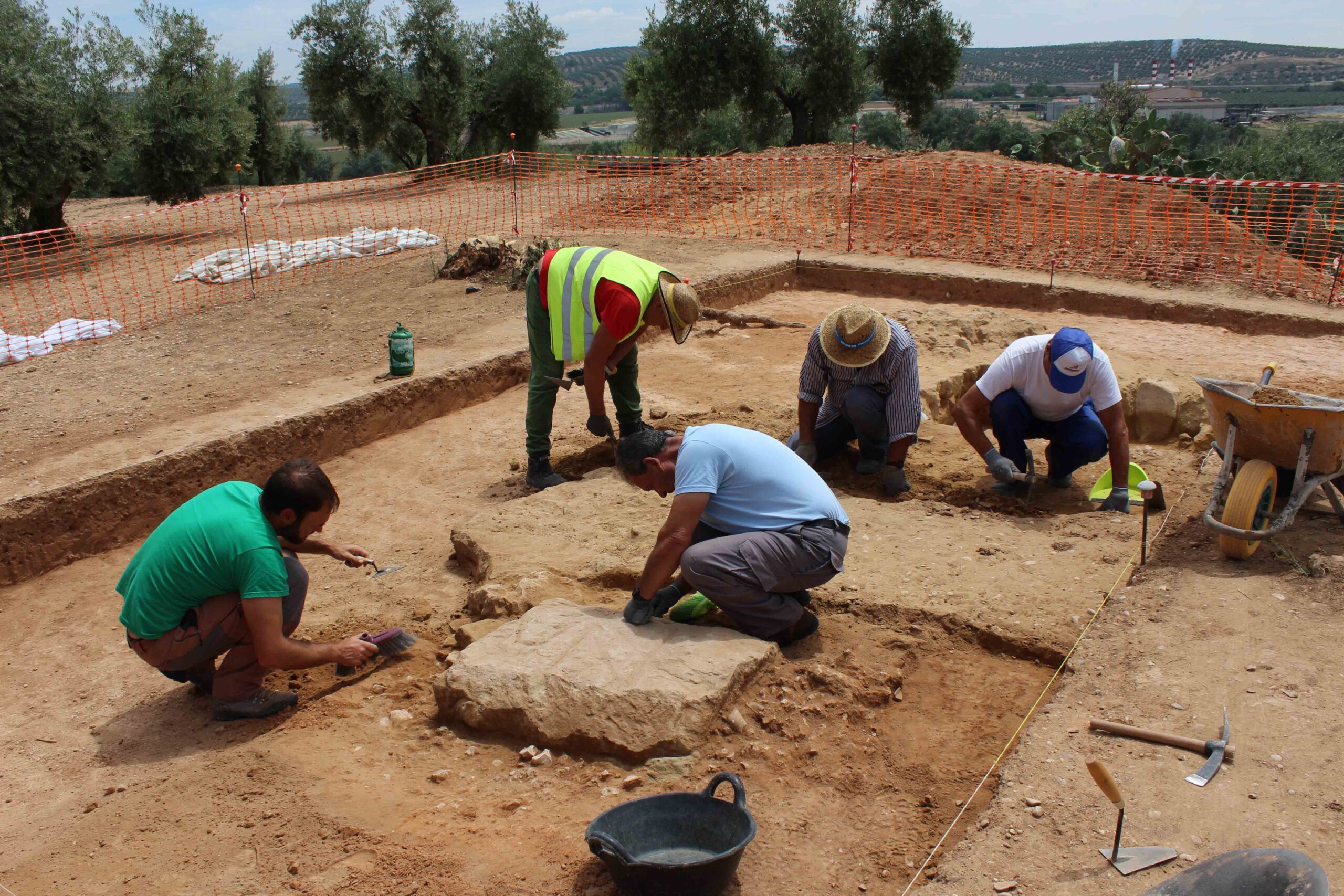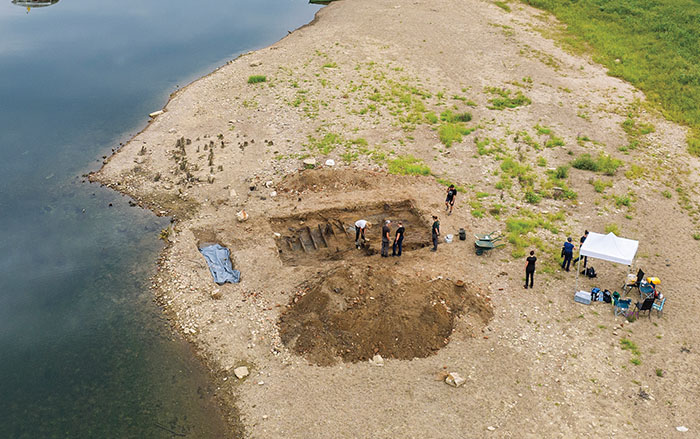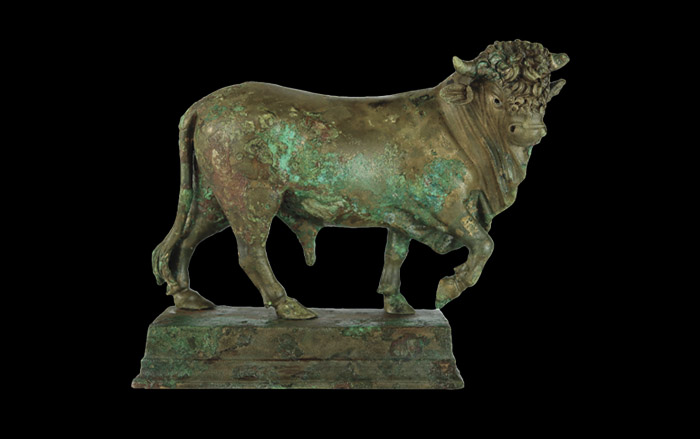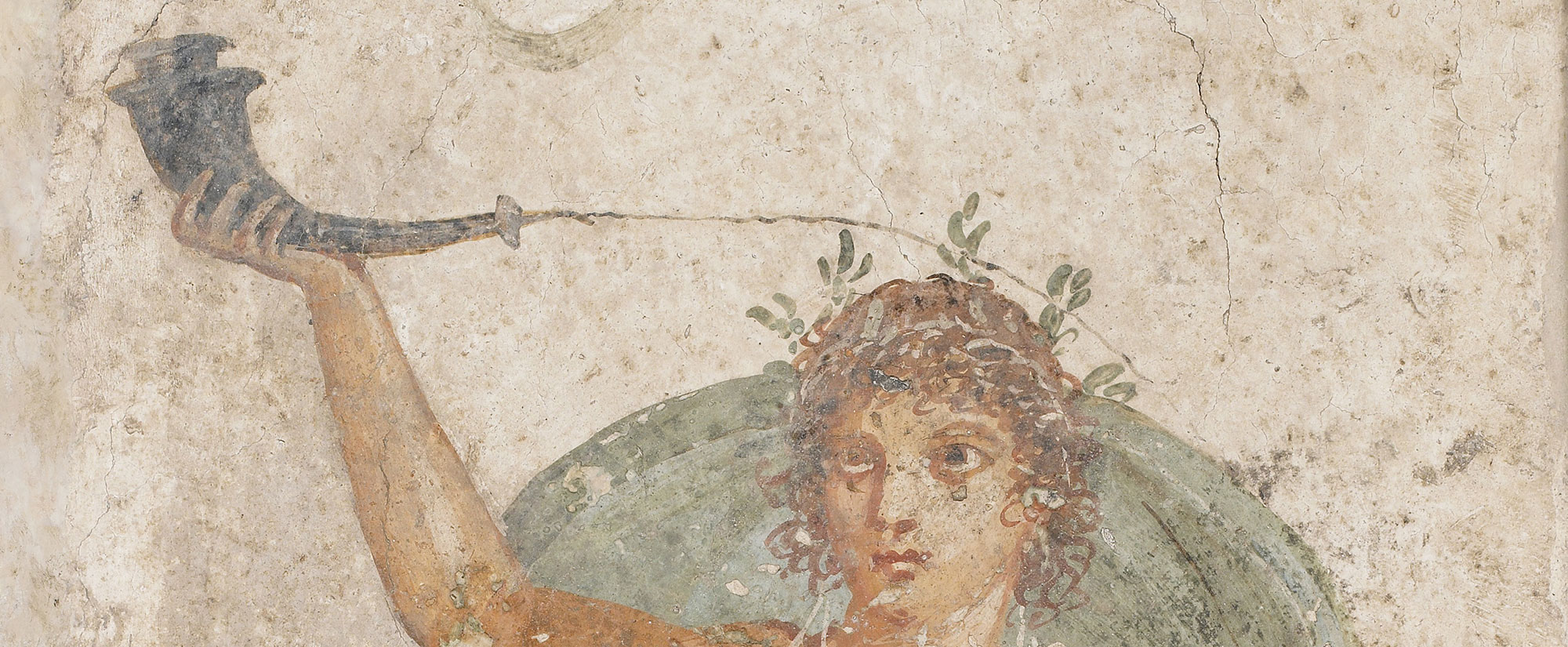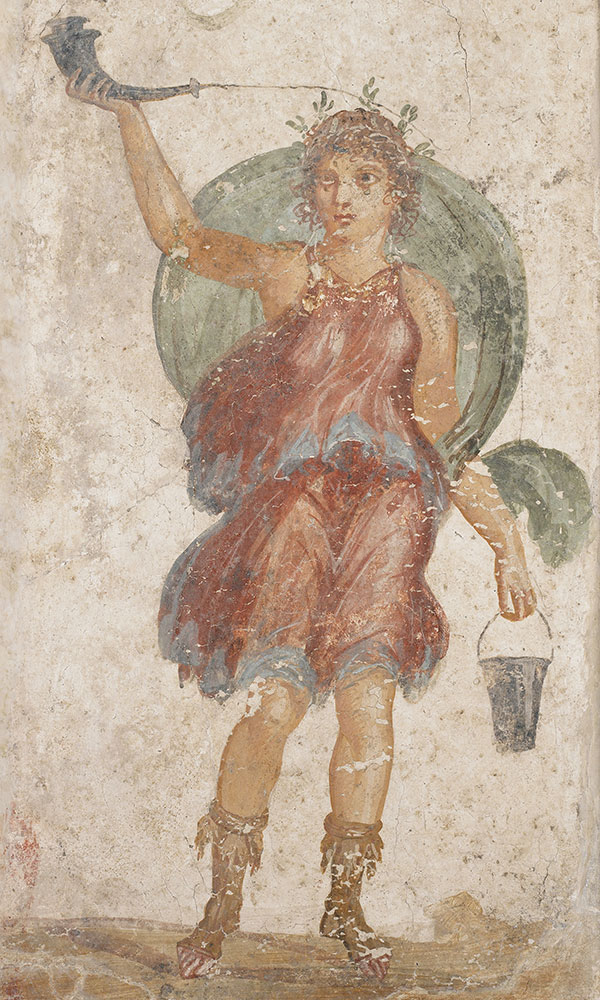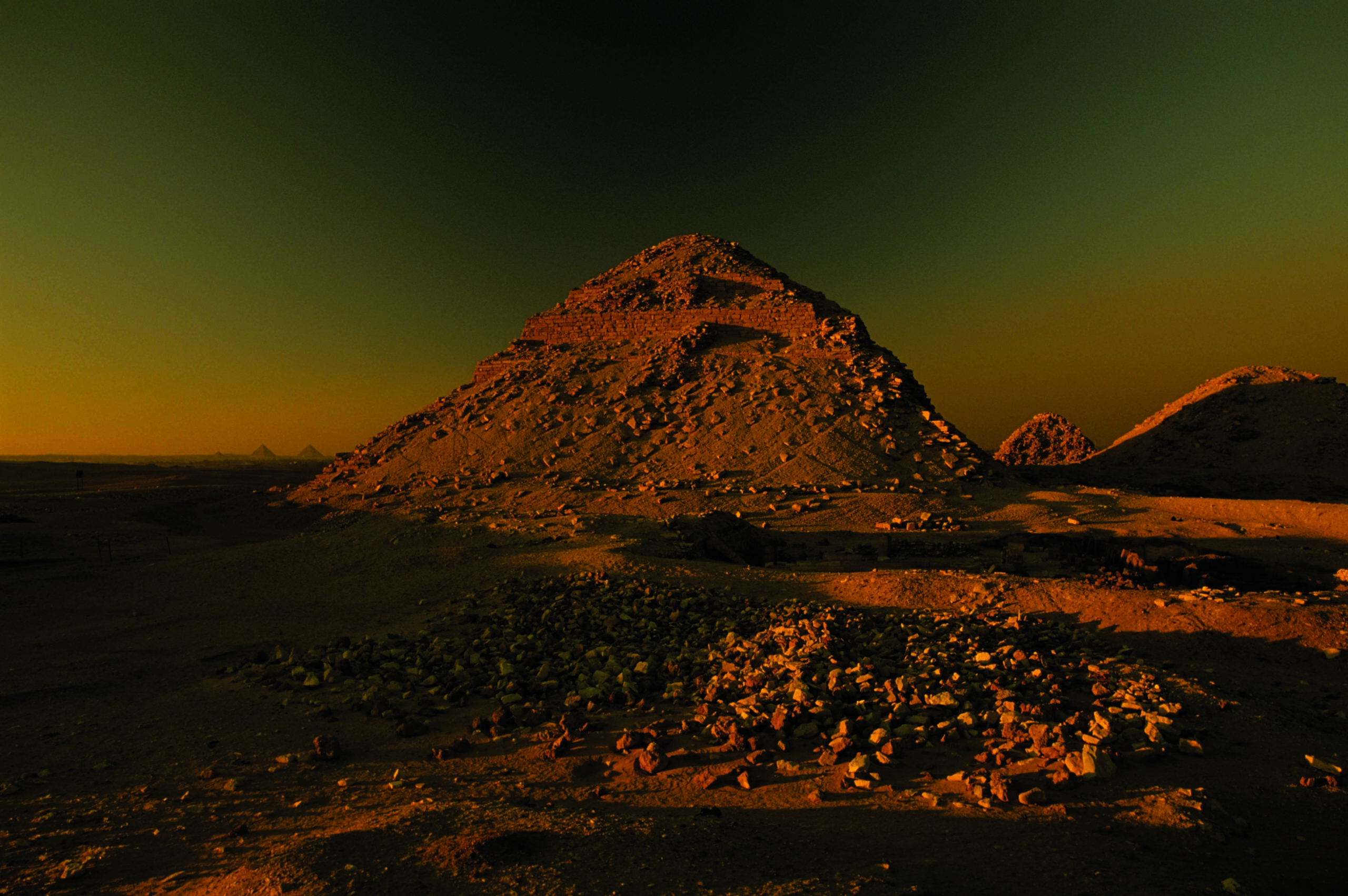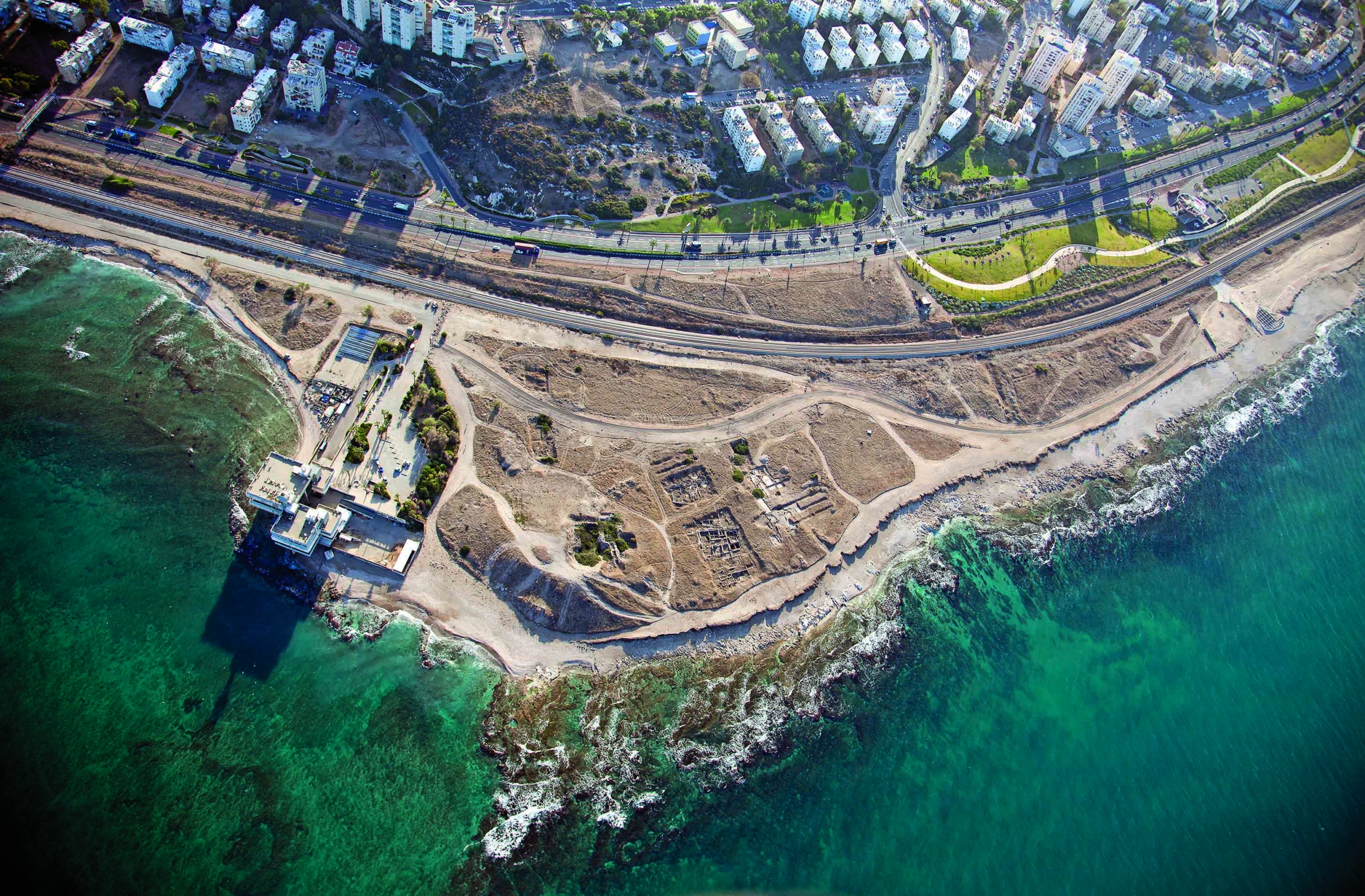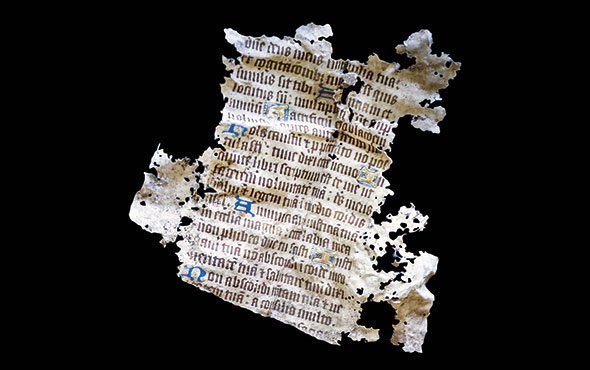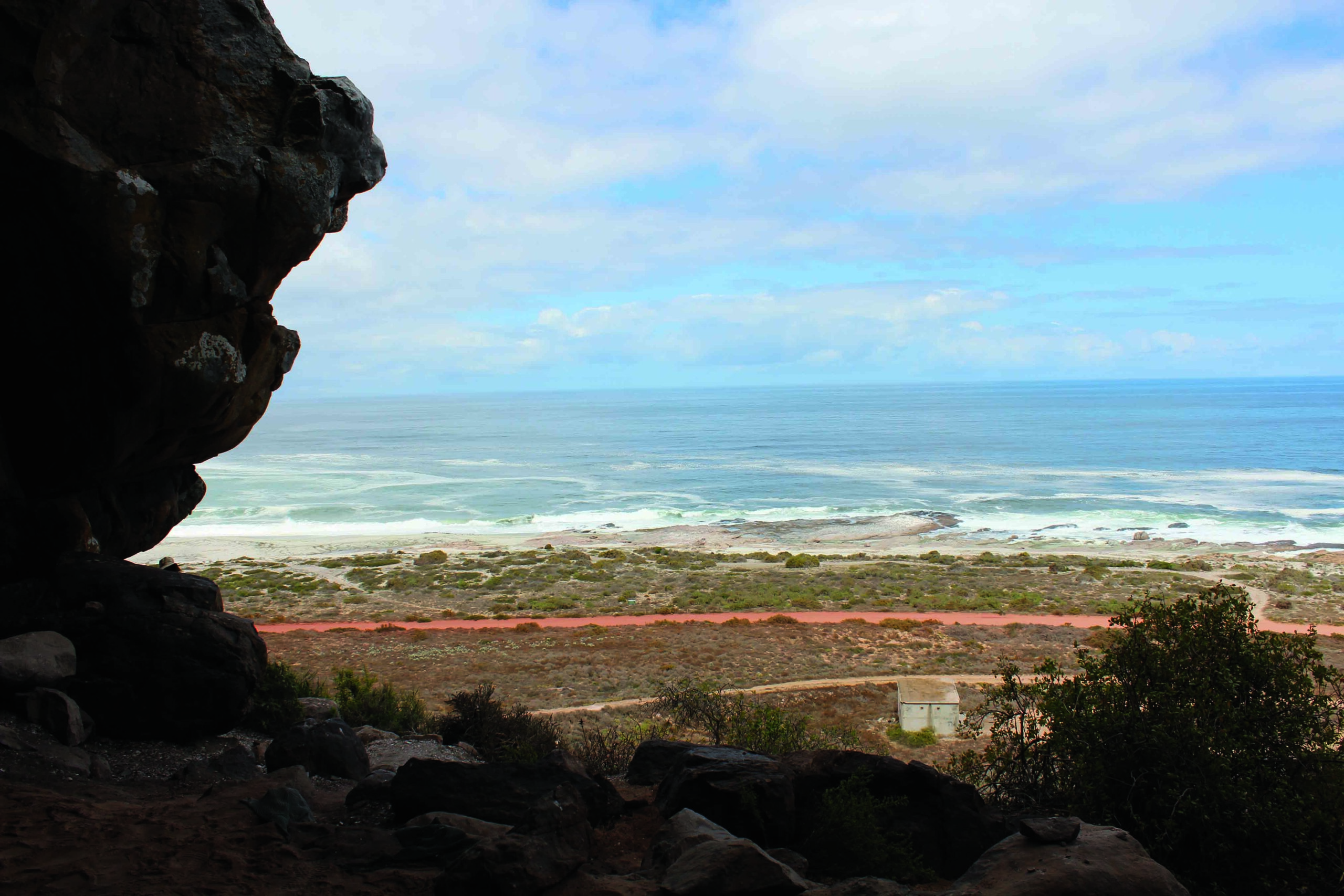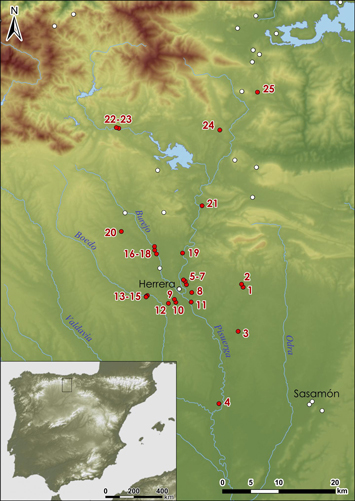
EXETER, ENGLAND—According to a statement released by the University of Exeter, more than 60 Roman Army camps have been identified on the Iberian Peninsula, where Roman soldiers battled local peoples in the first century B.C. while seeking to expand their empire and procure natural resources such as tin and gold. Researchers based in Spain and the United Kingdom spotted the sites through the use of airborne laser scanning, aerial photography, and satellite images. Further investigation on the ground revealed traces of the camps’ ditches and earth and stone ramparts. The positions of some of the camps in the foothills of Spain’s Cantabrian Mountains suggest that the Romans used ridges to help conceal their positions. Some of the camps are thought to have been used to support travel to more remote locations and to provide long-term housing of troops. Important Roman towns often grew up near such campsites. Other sites may only have been used by Roman soldiers for a few nights at most. For more on Rome's exploitation of natural resources from the Iberian Peninsula, go to “Spain’s Silver Boom.”



